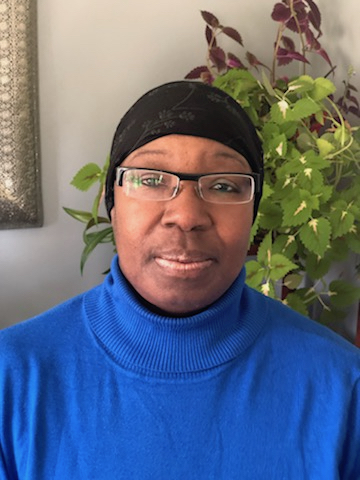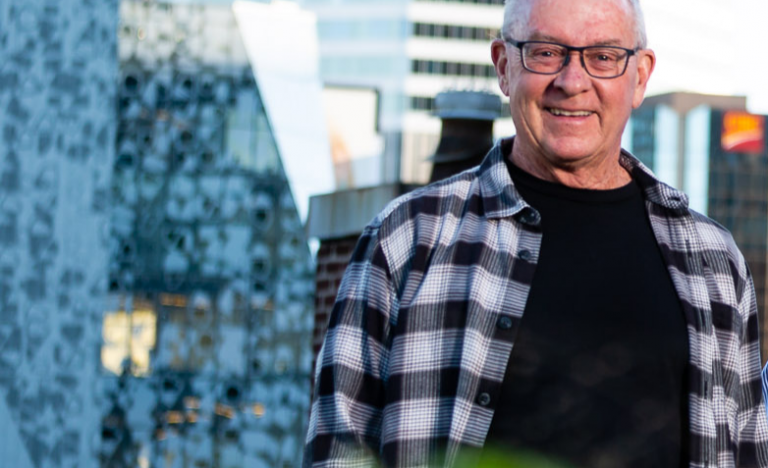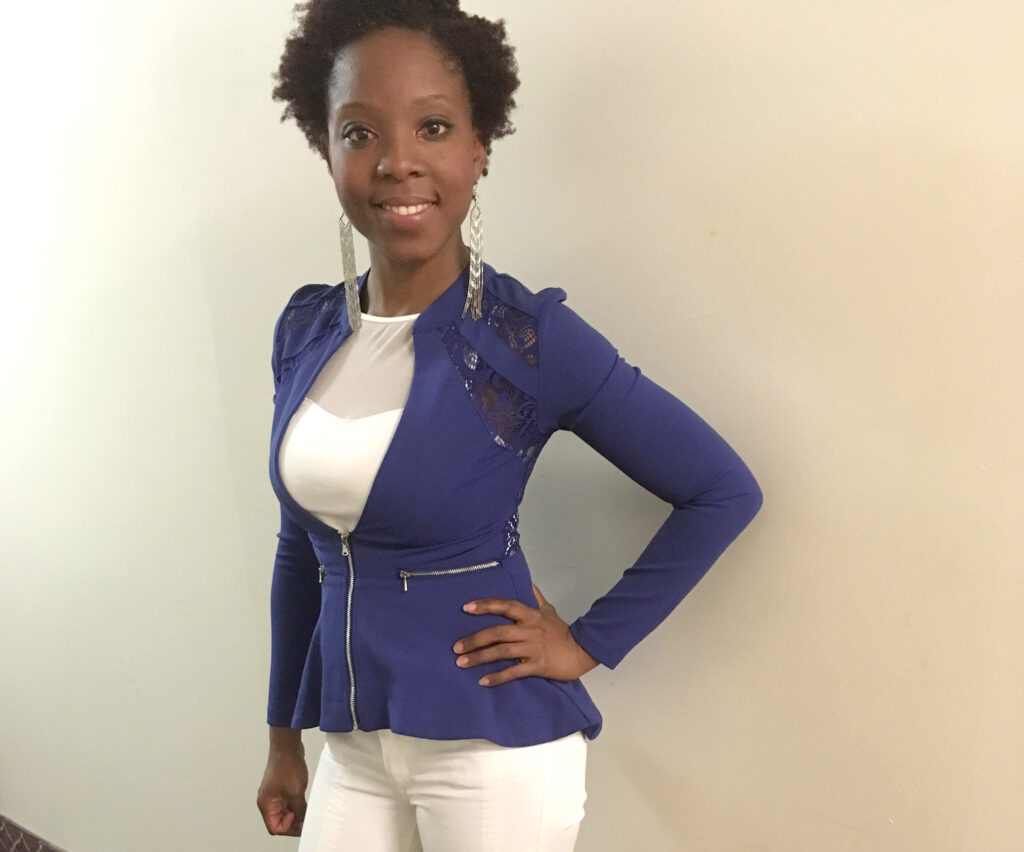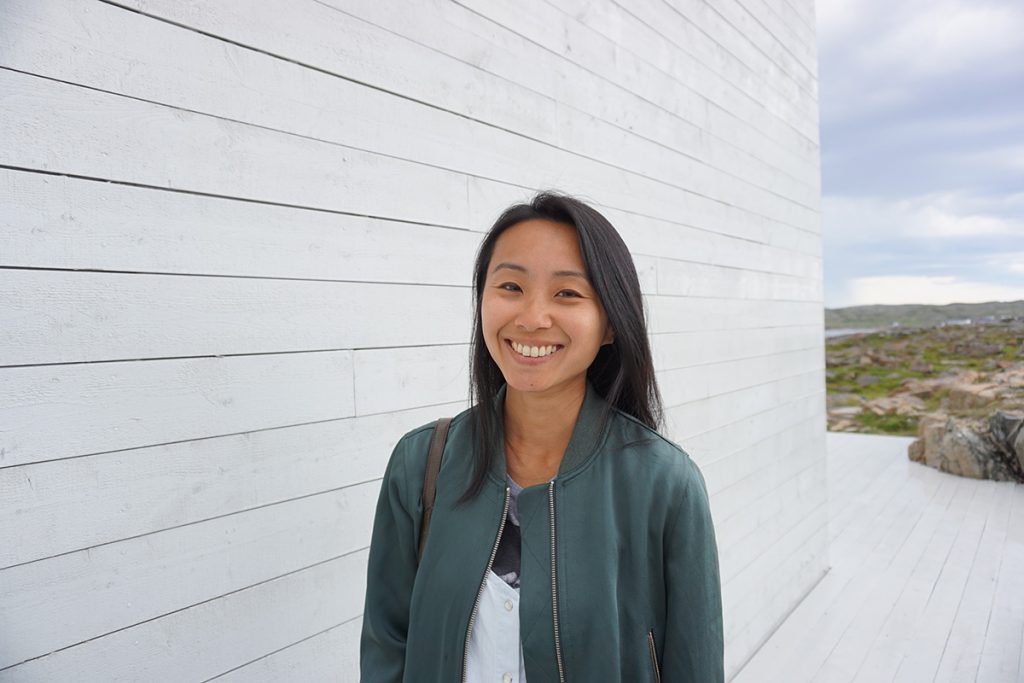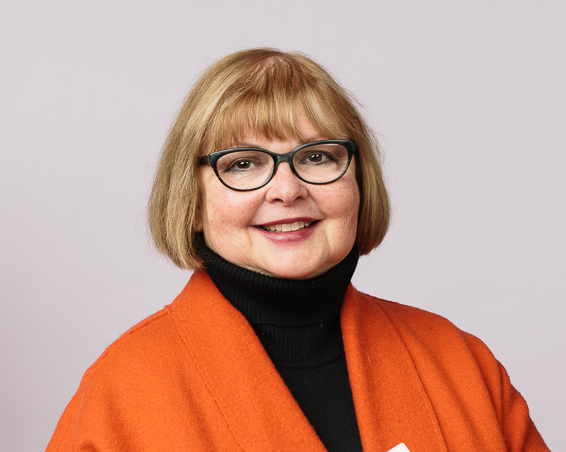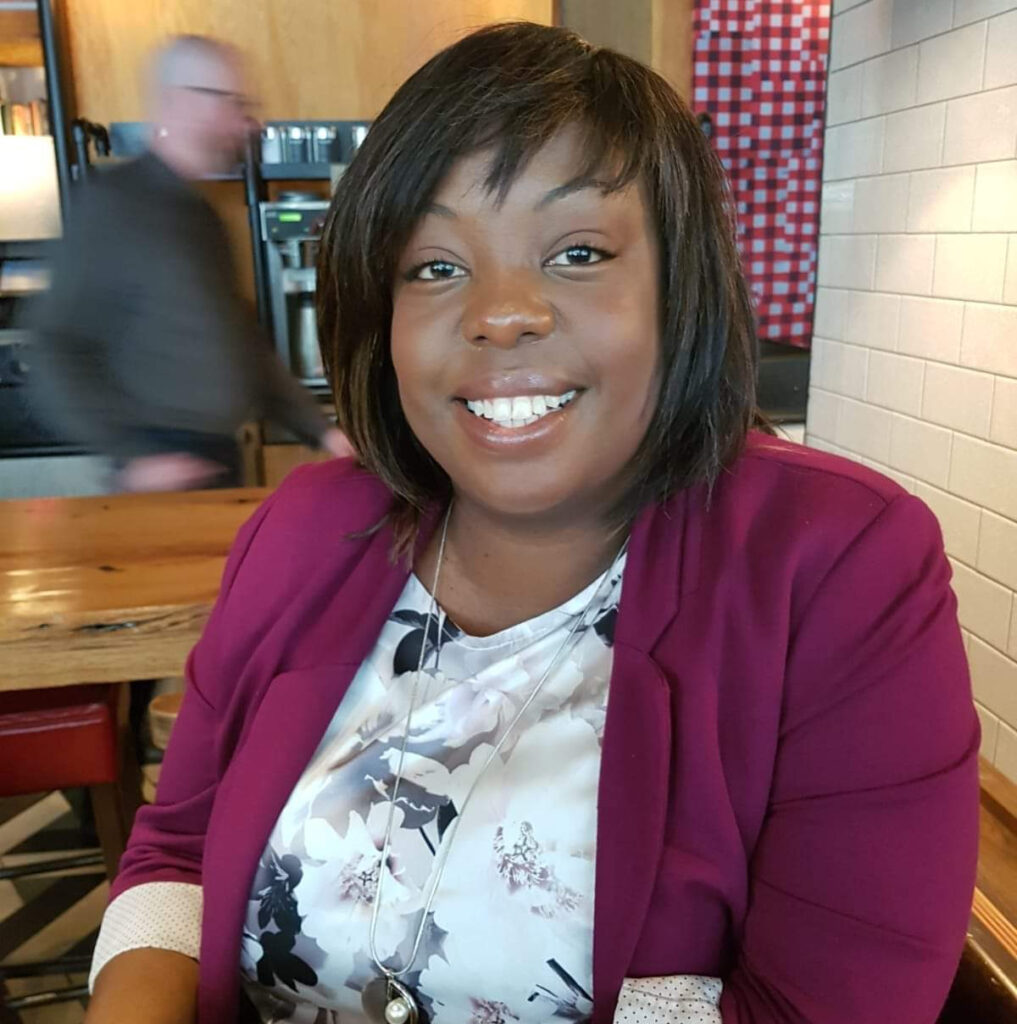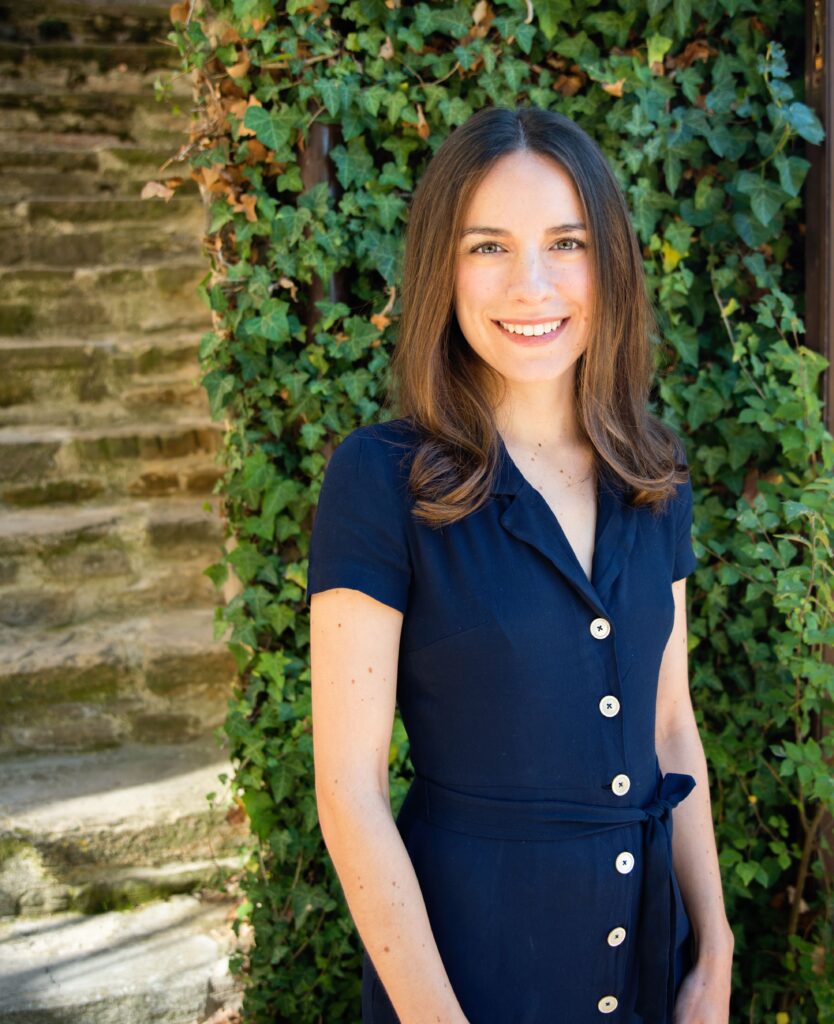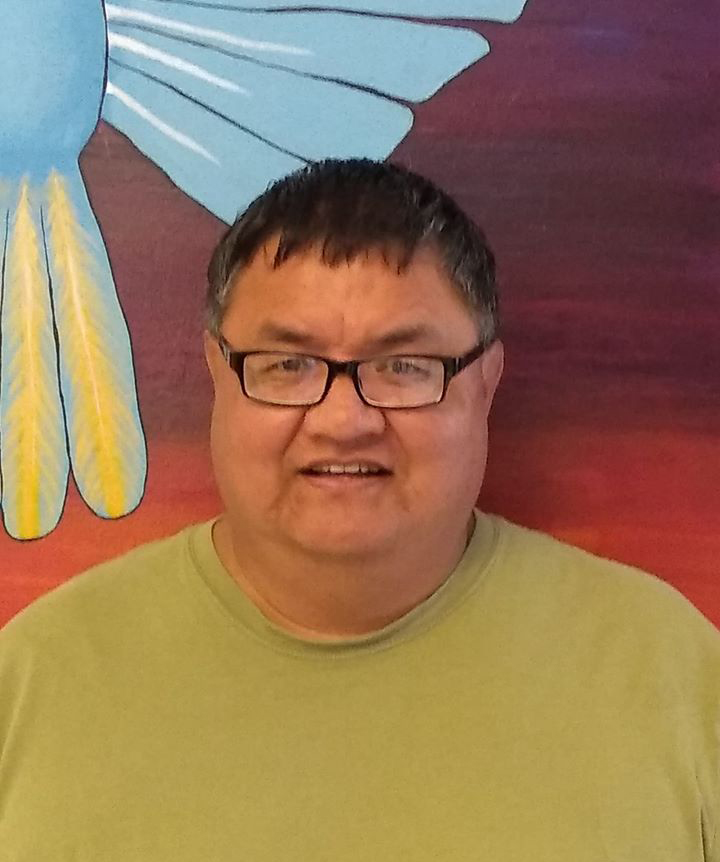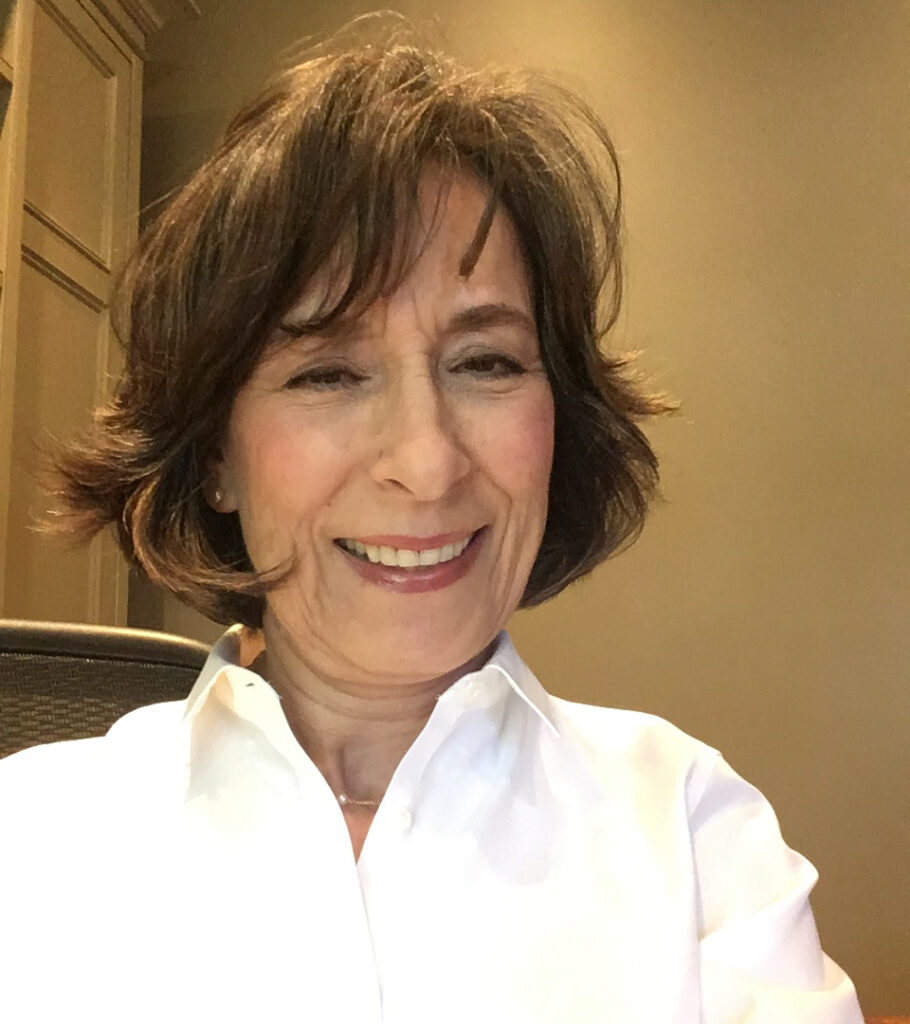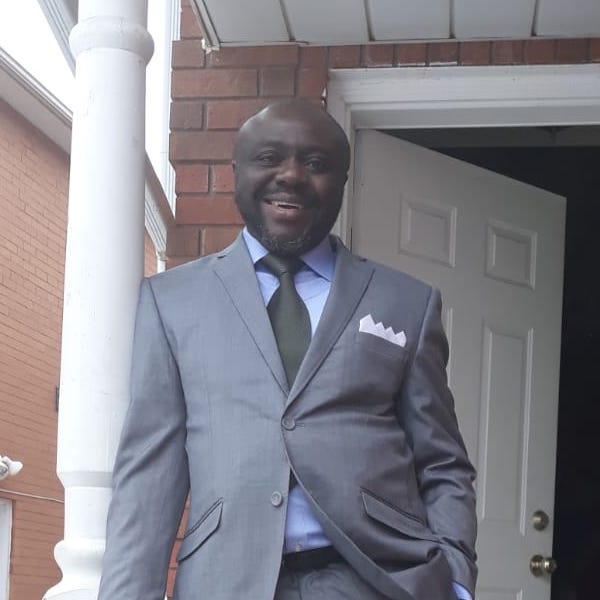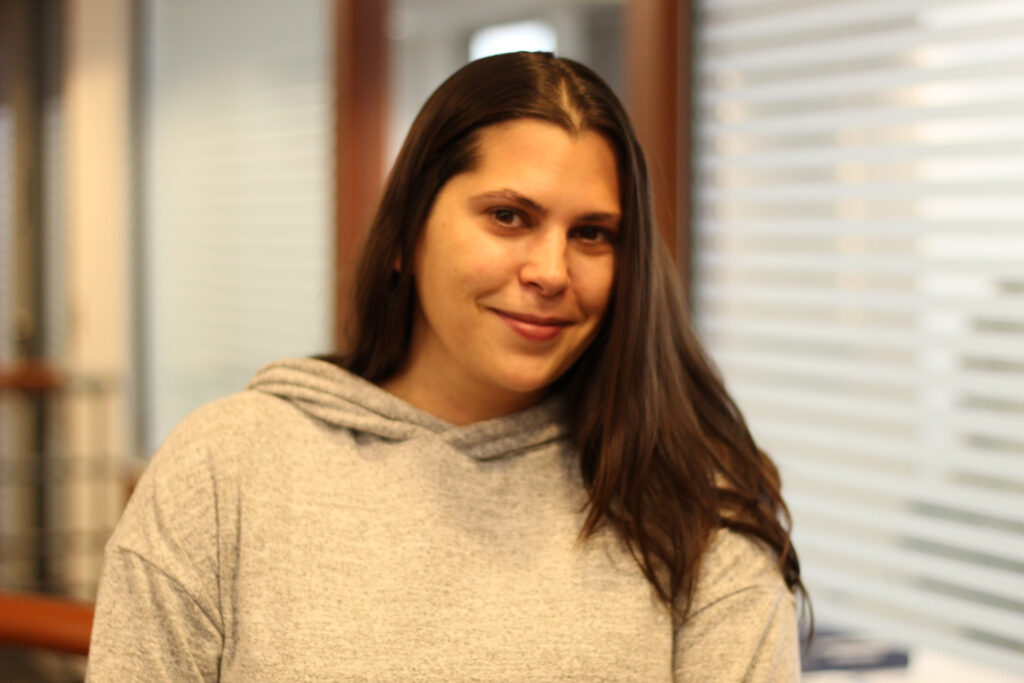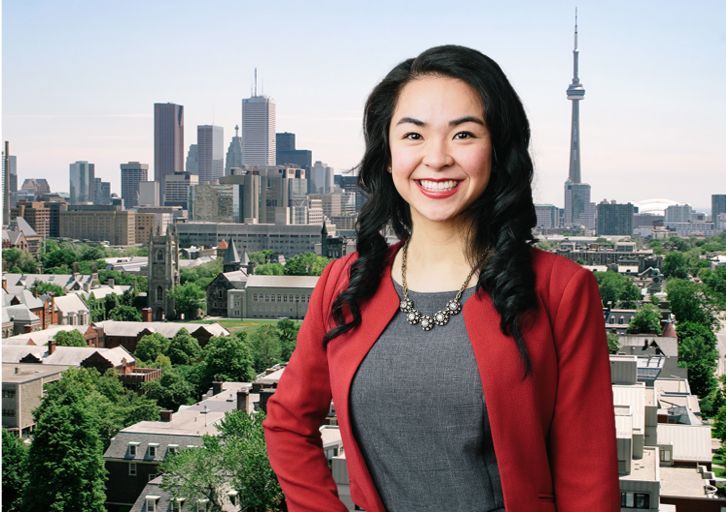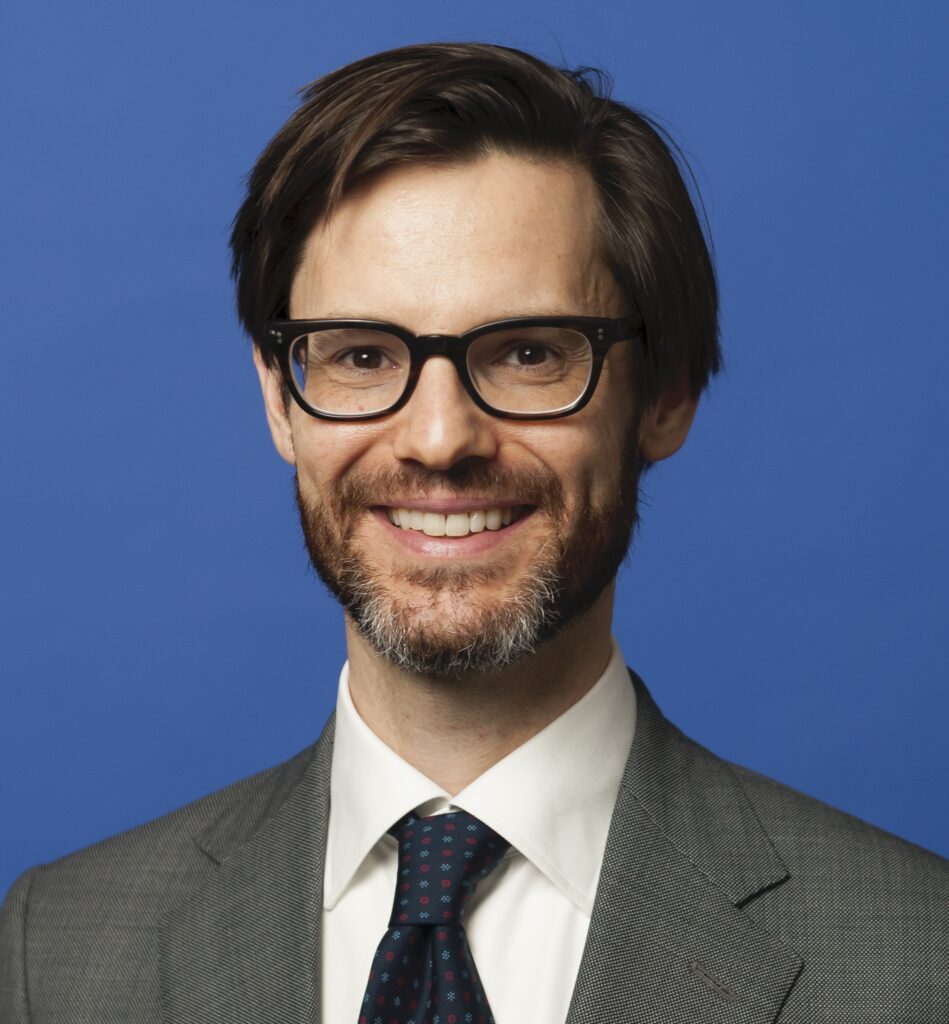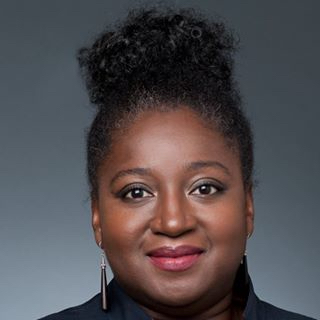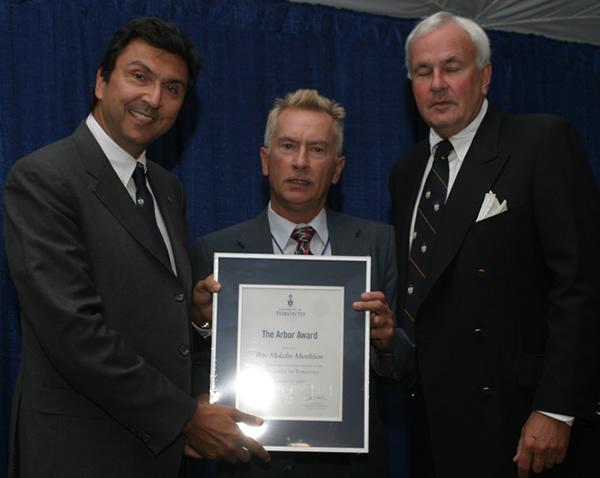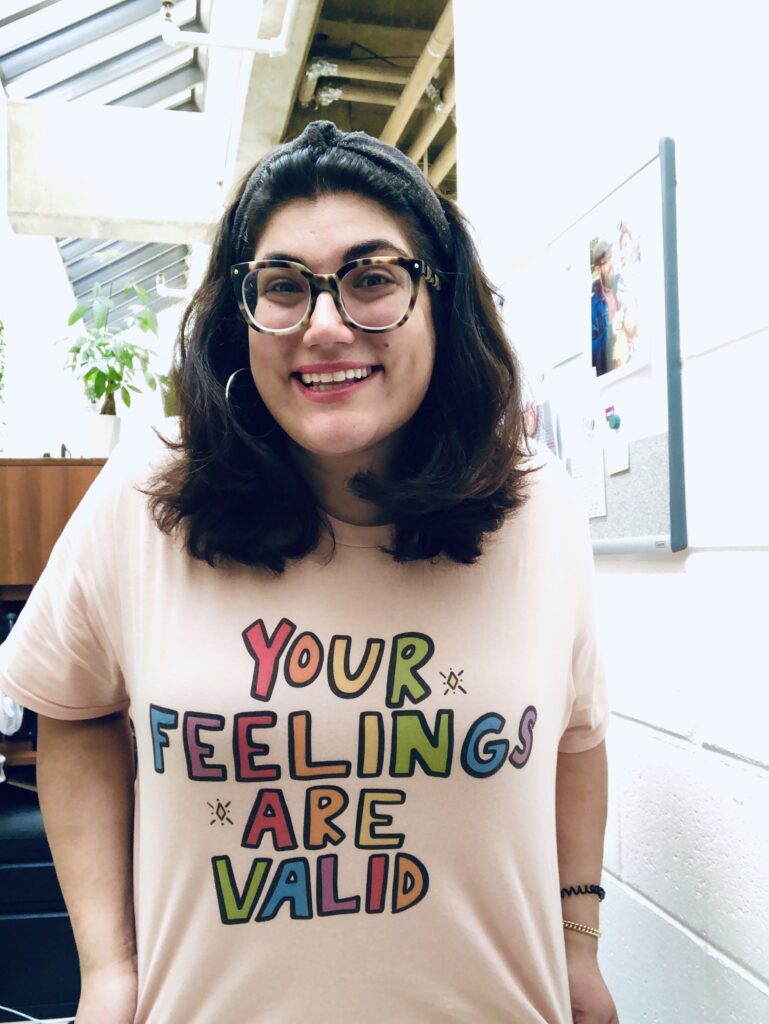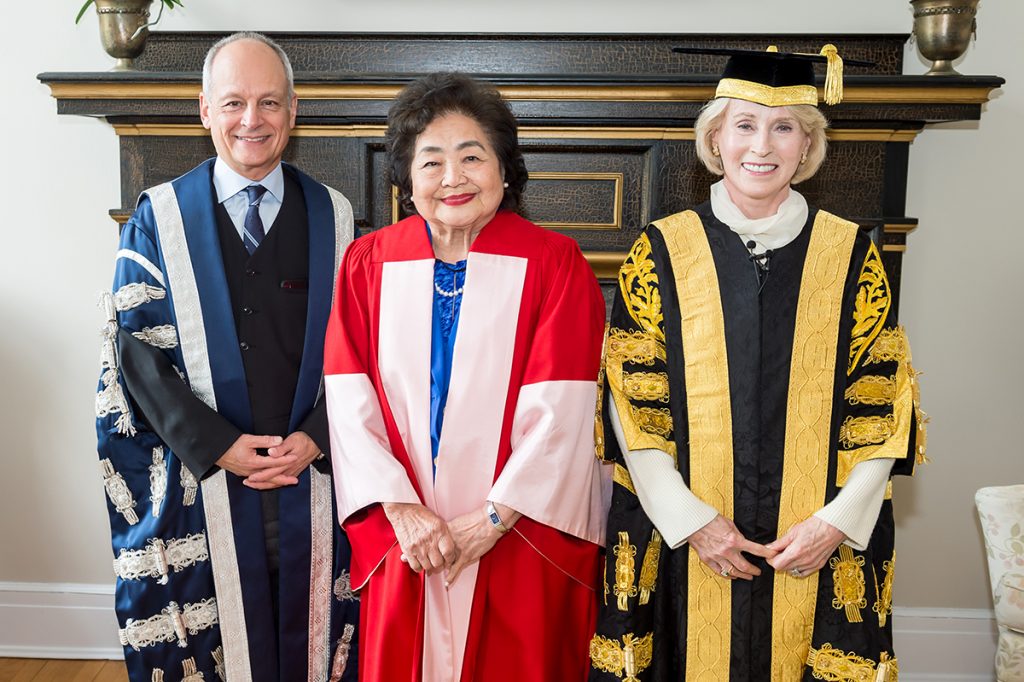19 pieces of advice from alumni for the Class of 2020
Categories: Alumni + FriendsWith your degree in social work now in hand, you are ready to head out into the professional world. We asked both recent and long-standing members of our esteemed alumni community to share some words of wisdom on life after school.
1. Trust yourself while practicing self-reflection.
Life is a learning journey, so keep listening and learning with mind, body and spirit.
— Julie Blair (MSW 2019), Indigenous Education Liaison at the Ontario Institute for Studies in Education
(Alumna Julie Blair proves the power of U of T’s Indigenous Trauma and Resiliency Program)
2. Use every opportunity to build network connections.
The world is a big, but small place. You never know where or when you will need a network connection that has the key to your next struggle or challenge.
— Andria Allen (MSW 2005), Manager of Mental Health Services, Parkdale Queen West Community Health Centre; President of the FIFSW Alumni Association
3. With absolute respect for the people and communities we serve, think big.
Be humble but bold while rising up together as agents of change and social action…remaining true to our social work roots and profession!
— Bruce Rivers (MSW 1976), Consultant; recently retired as the Executive Director of Covenant House. Previous roles included, CEO of Community Living Toronto and Executive Director of the Children’s Aid Society of Toronto.
(A career that came full circle: Bruce Rivers, Executive Director of Covenant House Toronto)
4. Be committed to growth, capacity building and leadership development.
Your MSW will get you in the door, but will not sustain your ascent. Effective leaders are more than subject matter experts.
— Adanna Phillip (MSW 2014), Social Support Manager at CEE Centre for Young Black Professionals
(Black History Month 2020: Community partners making an impact)
5. Talk about what you do.
It doesn’t have to be shameless self-promotion. There are others out there who want to support your vision of social justice — social workers or not. Be willing to share what you believe in to find them, join them, or start something with them.
— Kennes Lin (MSW 2019), Clinician at Hong Fook Mental Health Association, and Co-Chair of Chinese Canadian National Council Toronto Chapter
(Kennes Lin (MSW 2019) speaks to the House of Commons Standing Committee on Health about racism and the Coronavirus)
6. Be open to possibilities.
I started off thinking I would be a director of social work in a hospital, but after studying mediation, I ended up managing a provincial program for the Ontario government. It was my transferable skills in leadership, listening and putting people first that made it easy to change direction.
Also, give back through mentoring, field instruction, research and professional leadership, because it is very energizing to be involved with fellow social workers. Embrace lifelong learning to stay fresh and broaden you skills.
— Judy Newman (MSW 1975), Consultant, JNewman Consulting, and Past President of the FIFSW Alumni Association
7. Be aware of current trends and diversify your skills.
Your career pathway may not always be linear, but rather dynamic. Take stock of your accomplishments. Build a supportive network and ask for help. Nurture what keeps you grounded. Once you gain momentum, remember to give back.
— Michelle English (MSW 2015), Social Worker, Forensic Early Intervention Service & Member of the Horizontal Violence, Anti-Racism and Anti-Oppression Committee, CAMH; Representative for the Mentoring Program & MSW Studies, FIFSW Alumni Association.
(Black History Month 2020: Alumni spotlight)
8. Network, network, network!
Whether at workshops, conferences, or alumni events, be bold, introduce yourself, and don’t forget your business cards! You never know where a good connection might lead.
— Amanda Neves (MSW 2015), Professor, University of Guelph-Humber; First Vice-President of the FIFSW Alumni Association
9. Build relationships and nurture the spirit of those in need.
I have come to know social work in many ways as a caring and understanding profession. I have come to learn and know the meaning of relationship building and nurturing the spirit of ones that are so in need of it. That is what we do as social workers.
— Verne Ross (MSW 2012), Traditional Knowledge Keeper, Cote First Nation; PhD candidate, OISE; Lecturer, Centre for Indigenous Studies at U of T
10. Be clear on whatever goals you set for yourself. Then identify some indicators of success or the kind of outcomes you would like to see.
When you see those outcomes, you will know that you have achieved your goals.
Also: You may encounter some difficult people along the way, perhaps people you report to or your colleagues. If you help them feel good about themselves, their redeeming qualities will appear.
— Terese Weisberg (MSW 1977), retired from a policy and planning career in the Ontario Government; Secretary of the FIFSW Alumni Association.
11. Dream big and go for the best.
Never say you cannot do it because God has a reason. He raised you up to a level to support others. You should be non-judgmental with your clients and always know that there is still something to learn from others.
— Austine Arrey (MSW 2011), community access social worker at Ujima House and FIFSW field instructor
(Black History Month 2020: Community partners making an impact)
12. Be prepared to adapt and respond to unexpected opportunities.
We all have a plan for what we want our lives to look like. Sometimes what we can’t plan for are the amazing opportunities that may come up that we did not expect, so I have learned to be adaptive and responsive with my plans. Recognize that your plan will change, and try to plan for three months at a time. Trying to plan too far into the future overwhelmed me when I graduated. Planning and making decisions three months at a time has helped me keep my goals on track, and to remain receptive to opportunities that were beyond what I had imagined for myself.
— Jackie Tanner (MSW 2019), Program Manager and Clinical Lead for the Toronto HomeShare Program
(Intergenerational support provided by Toronto’s HomeShare program reduces social isolation among older adults and students during the COVID-19 pandemic)
13. Don’t make decisions based on fear.
If it doesn’t scare you, you are not pushing your limits. Our greatest opportunity for growth is often under terrifying circumstances. Know that you are smart, brave, and resilient enough to live outside your comfort zone. From a career in social work, public speaking, consulting and most recently, commercial real estate, I have learned that life is really what you make of it. Be curious, be bold but most of all, be kind (to yourself) and others.
— Anna Ho (MSW 2019), Tenant Representation Associate, JLL
(U of T helps Anna Amy Ho champion society’s most vulnerable people)
14. The more you think you know, the more you have to learn.
Develop your ability to be perceptively in tune with yourself and your emotions, as well as having sound situational awareness. It can be a powerful tool for taking on anything for realizing the roots, assessing a situation correctly, and all of the possible approaches to it. It allows for curiosity and creates a thought process that facilitates innovation and the ability to challenge what’s conventional.
— Marie-Ève Ayotte (MSW 2017), Coordinator of Mental Health Services, Centre francophone du Grand Toronto
15. Hold a broad perceptive on what it means to do “social work.”
It is not so much a profession as it is a perspective.
— Matthew Regan (MSW 2006), Senior Program Advisor at the Ministry of Economic Development, Job Creation and Growth; Second Vice-President of the FIFSW Alumni Association
16. Prioritize your home, your loved ones, your chosen family. Prioritize building whatever a circle of love and comfort looks like for you. Prioritize building a personal network of care not just contacts.
Include mentors and colleagues who share your vision for the world. At the end of each day, a social worker needs to retreat to a space of nurturing. It is the only thing that will truly energize you to rise and begin another morning.
The work that we do as social workers is challenging and demanding. You will be asked to give more of yourself with limited resources in the coming years. You will be faced with some of your clients’ most difficult realities due to increasing social disparities and declining social conditions. The impacts of Anti-Black racism, Anti-Indigeneity, homophobia, and other forms of marginalization will fall on your shoulders to address. You will be at the front lines of witnessing the effects of oppression and be expected not to turn a blind eye. You are expected to be both human rights defenders and social justice warriors. You may not feel it now but your MSW education has equipped you with the skills to address this and more. Graduating at this moment will give you a unique opportunity to showcase the best, the strength and necessity of our profession during difficult times.
— Notisha Massaquoi (MSW 1997), Principal Consultant, Nyanda Consulting; Former Executive Director of Women’s Health in Women’s Hands Community Health Centre
(Black History Month 2020: Alumni Spotlight)
17. Always remember that you are unique.
There is no other you. You are a one-of-a-kind special person. This will give you strength through life’s
difficult times, and empower you as you go forth to help others make the world a better place for all.
Always keep exploring and learning.
Always stop and smell the roses.
— Peter Murchison (MSW 1974), Retired Senior Manager, Ontario Public Service; past President of the FIFSW Alumni Association
18. Be genuine. Be passionate. Be yourself. Do not apologize for that (ever).
Learn about the policies, ministries, and systems that dictate your clients’ lives. Be steadfast in your advocacy. Let injustices fuel you. Work alongside clients as equals and never lose sight of the privilege you hold.
— Michelle Anbar-Goldstein (MSW 2014), Social Worker in the Forensic Dual Diagnosis Specialty Service at CAMH
19. Get involved, take action, make things happen, be agents of change.
Life has so much more meaning when you do things for the collective good; things that you really don’t have to do, but which ultimately give your existence a sense of purpose.
— Setsuko Thurlow (MSW 1960), engaged in a lifelong struggle to eliminate nuclear weapons, and achieved the first milestone — the United Nations Treaty on the Prohibition of Nuclear Weapons — together with over 500 non-governmental organizations around the world, including United Nations agencies and progressive like-minded states such as Austria, Ireland, Mexico and South Africa, in July, 2017
(Hiroshima survivor and anti-nuclear activist Setsuko Thurlow receives U of T honorary degree)
More Convocation 2020 content:
- Congratulations to the Class of 2020, from Dean Dexter Voisin and FIFSW’s Academic Leadership Team
- A letter to graduates from the President of the FIFSW Alumni Association
- 19 pieces of advice from alumni for the Class of 2020
- 7 ways to stay in touch after graduation
- Kudos to our graduates, from FIFSW faculty & staff

